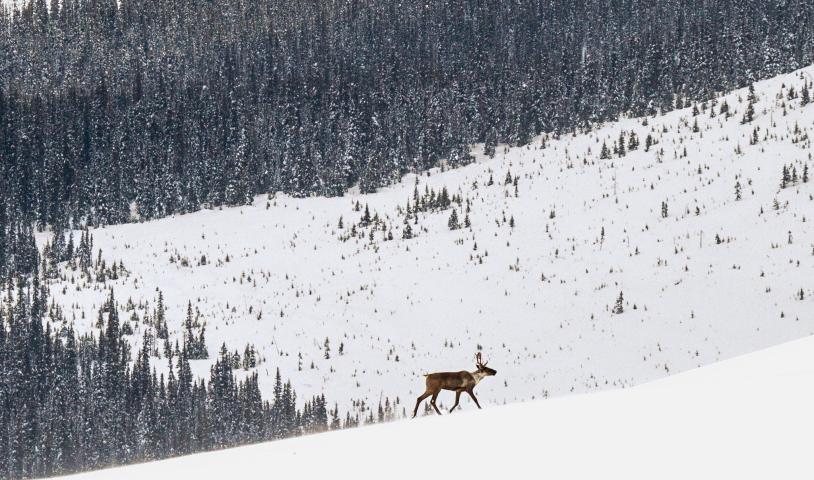Indigenous Canadians and the environment lose out in this year's budget
Monday, May 4, 2015
Indigenous Canadians and the environment are the big losers in a federal budget that claws back a previous commitment toward aboriginal education and makes no mention of the term "climate change."
Finance Minister Joe Oliver’s first budget calls for $200 million in spending on indigenous education programs over the next five years. This is a reannouncement of one component of a 2014 commitment for spending a total of $1.9 billion in this area.
In addition to the $200 million in program funding, another $1.2 billion was allotted for operating funds to help schools on First Nations and $500 million was planned for capital construction.
The $500-million capital commitment was reaffirmed late last year, but the $1.2 billion for schools disappeared after a deal could not be reached with First Nations leaders.
"This budget doesn’t address the biggest issue in First Nations education, which is the unequal funding," said Wab Kinew, associate vice-president of indigenous affairs at the University of Winnipeg, noting First Nations schools spend $4,000 less per year, per student than off-reserve schools.
"You might make the argument the chiefs face some responsibility for this, but no other group has to argue just to get equal funding."
Awkwardly, the federal budget devotes more cash for Canada’s 150th birthday – $210 million over the next four years – than it just re-announced for indigenous education.
"Predictably, First Nations issues in this government’s eyes are ornamental at best," said Niigaan Sinclair, an associate professor of native studies at the University of Manitoba.
Given the release of the budget on the eve of Earth Day, the environment also didn’t receive much play.
Ottawa plans to spend $75 million over five years on species at risk, but that won’t be enough to kickstart dormant recovery programs for 500 species," said Eric Reder, Manitoba campaign director for the Wilderness Committee.
The complete omission of the phrase "climate change" in the budget document is also a concern, said Tracey Hucul, executive director of the Green Action Centre in Winnipeg.
"I think it’s unfortunate the federal government is not taking a stronger position," she said. "We have an opportunity to move Canada’s economy to a green economy and do a lot more to build a sustainable future."
The other loser in the 2015 budget is the present: In general, Ottawa plans to hold back on short-term spending in favour of future promises.
This year’s $1.4-billion budget surplus will be achieved by delaying spending on programs such as the new $1-billion-a-year public-transit fund, which won’t kick in until 2019.
Photo: Endangered Caribou.





